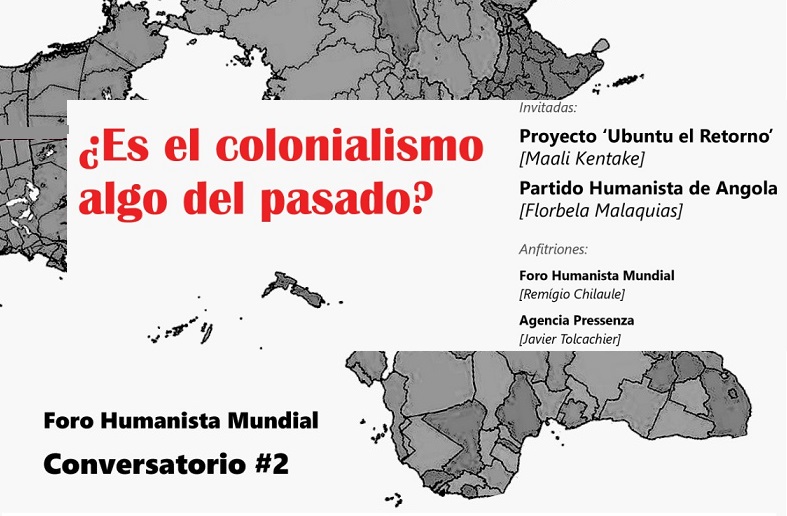Colonialism is a much longer process than the little less than five centuries in which traditional history places this period. After the wave of national independence that gave rise to the current map of nation-states, the former colonial powers changed their strategy and installed more subtle forms of domination that allowed the exploitation of the ex-colonies to continue and did not change the pattern of cultural supremacy that had been installed.
On the other hand, various forms of segregation and inequality derived from previous cycles of imperialist violence persist in colonised societies. This is evident even in affluent societies and is reflected in the living conditions of migrant minorities and their descendants who are now indigenous.
Is it a question of forgetting, of falsifying memory, or rather of trying to repair in depth the multidimensional violence caused by colonialism?
What are the trends today that contribute to leaving behind neo-colonial practices? What favours dialogue, convergence and cooperation between cultures? Are today’s geopolitical and international relations frameworks conducive to rapprochement or to the prolongation of the status quo ante?
What paths can lead to reconciliation between nations and cultures? What must be strengthened in the human interior in order to move from relations of domination to relations of cooperation? What can each individual do to promote self-determination and solidarity between collectives and peoples?
In order to address these and other questions, the World Humanist Forum, in the continuity of a series of virtual meetings, promotes the realisation of its second conversation under the title “Is colonialism a thing of the past?
The virtual and open activity will take place on Sunday 7th July (10am Dominican Republic and New York (USA); 11am Argentina; 3pm Angola; 4pm Mozambique; 5pm Palestine; 7.30pm India) and will be attended by the Afro-descendant Dominican researcher Maali Kentake and Florbella Malaquías, National Representative of the Humanist Party of Angola.
The introductory speeches will be followed by an open and participatory dialogue.
The debate will be held in Portuguese and English, with simultaneous interpretation in French and Spanish.
To participate, the link to the registration
With these meetings, the World Humanist Forum wants to encourage collectives and organisations to facilitate rapprochements, to promote an unprejudiced debate on the directions to take, to strengthen the factors of change and to join forces to overcome the retrograde resistance that hinders it. In short, to go beyond the limits of what is possible towards a different reality.
The World Humanist Forum
The World Humanist Forum aims to become a permanent instrument of information, exchange of ideas and common action between collectives and individuals from different cultures around the world.
Its main aim is to develop a clear understanding of the major challenges facing humanity and to find the best practical ways of acting together.
The first Humanist Forum was held in Moscow in 1993, and since then several face-to-face meetings have been held in Latin America, Europe, Africa, North America and Asia, with the Forum now taking on a hybrid form of action and permanent contact, combining virtual and face-to-face activities.
The promoters of the initiative say that it is vital to overcome fragmentation and encourage dialogue with the new generations, who are hungry for future horizons.
At the same time, the Forum will act as a sounding board to strengthen any demonstration effect aimed at new proposals for social organisation to replace the current suffocating structures.






